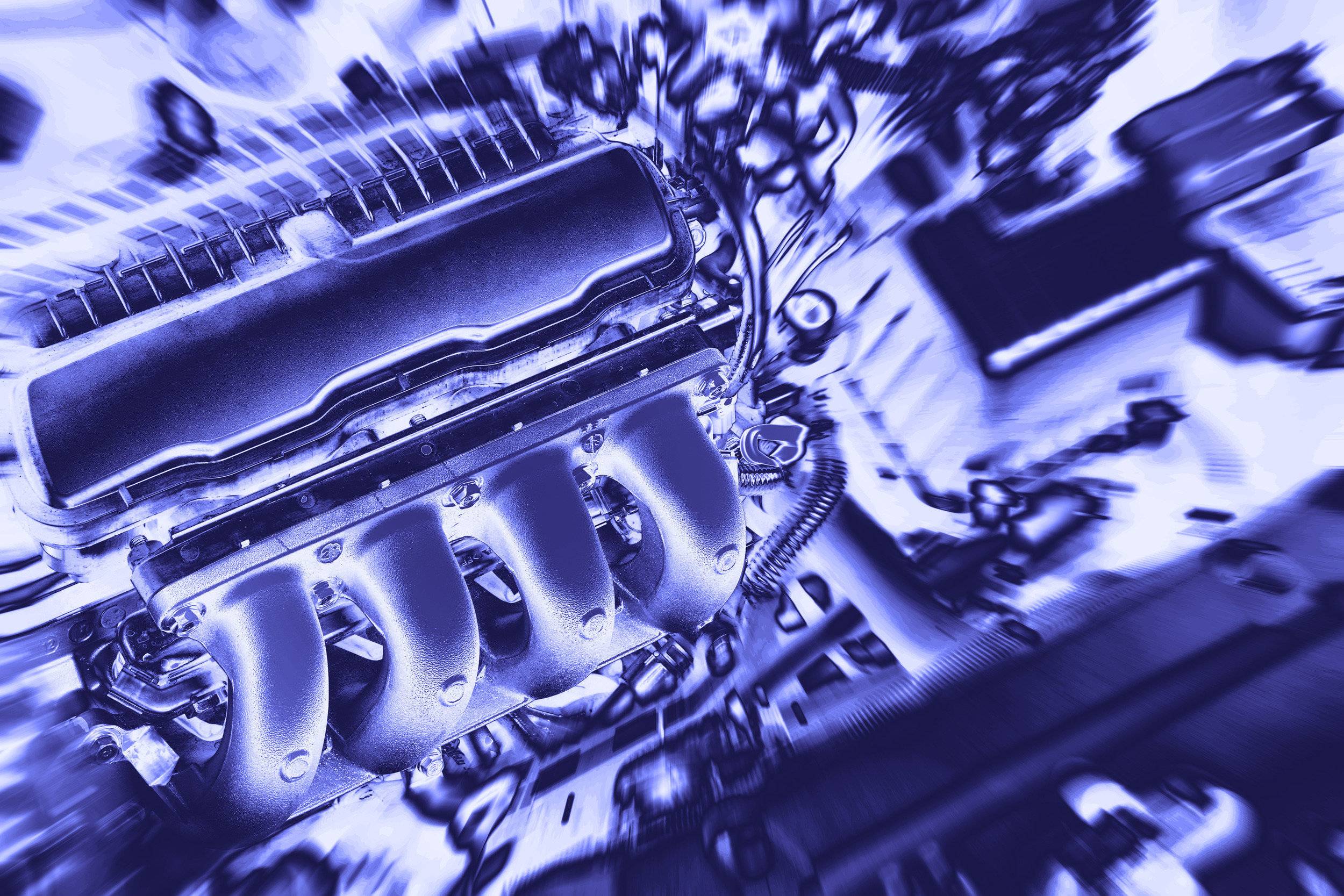The Truth About NOx: Are Diesel Engines Fundamentally Flawed?
QUESTION
On Dieselgate: John does this mean that Diesel engines are inherently flawed?It begs the question, is VW alone in this act or is this a standard industry practice - Francisco Rodriguez
Read my full report on dieselgate:
How Volkswagen betrayed the world >>
and also a related question on the involvement of Volkswagen's other brands in the scandal:
What the media forgets about Volkswagen >>
ANSWER
This answer is also presented on my weekly YouTube show (right, the one where I answer readers' qustions) - just scroll to 17:55 and you'll cop the full briefing in under three minutes.
There are two parts to that question: Are other manufacturers cheating, and the nature of the diesel engine itself.
Manufacturers
The jury is still out on which other manufacturers - if any - are gaming the emissions control regulations in the manner of Volkswagen. I'm sure there will be a great deal of independent scrutiny on real emissions from this point forward, so we'll learn soon enough if other manufacturers are gaming the system.
Diesel engine combustion
For background, I've also got a full report on petrol versus diesel >>
This answer is fundamentally about oxides of nitrogen, or NOx. Volkswagen installed a defeat device, which identified when the engine was not being tested. It changed the nature of the combustion for normal driving, delivering more performance, but emissions went through the roof as a result.
In essence diesel engines have more compression than petrol engines because the diesel tolerates the compression better, and that makes them more efficient. (Meaning they're able to do more with less fuel.) Typically they deliver about 30 per cent greater fuel economy, and more low-rpm power.
So diesel is not fundamentally flawed. (Corporations are flawed, clearly. Sociopathic CEOs are flawed, etc., but internal combustion is quite robust.)
This is actually pretty simple. There’s an ideal amount of air that goes with any amount of fuel for complete and efficient combustion - they call it the stoichiometric air-fuel ratio - and that minimises NOx emissions and also unburned hydrocarbons in the exhaust. Basically it's the minimum amount of air you can put into an engine for complete combustion of the fuel, without any excess air being in there.
This stoichiometric ratio is about 14.7:1 for gasoline (petrol/petroleum) and about 14.5:1 for diesel. That means, for every gram of fuel the engine burns, 14.7 grams of air is required (petrol) and 14.5 grams of air is required for diesel - in theory. In practice, diesel engines run a bit lean to minimise soot formation.
Rich mixtures (too much fuel) lead to unburned fuel in the exhaust, and lean mixtures (too much air) have emissions problems as well. The fact is, as any engine starts to run lean, it generates more heat. More heat means you get more powerful expansion, and therefore more torque at the crank. So the engine makes more power, and therefore you get more performance.
But unfortunately, NOx emissions go through the roof. (You can also damage engine parts by overheating them in this state - especially if the engine runs lean at wide-open throttle and high revs.
Air is mostly nitrogen, and an engine running lean has too much oxygen in the combustion chamber - and it’s really hot and chaotic in there. Nitrogen is normally inert (it just passes on through the engine, and just gets warmed up) but the excess oxygen, the heat and the pressure conspire to coerce some of the nitrogen to react with the oxygen, which it’s generally disinclined to do.
Unfortunately, NOx is a poison - it irritates your eyes, nose, throat and lungs, can cause fluid on the lungs and in high doses it can kill you. It also causes the harmful part of photochemical smog, and is a precursor to acid rain. All of which add up to a good reason to regulate the amount emitted by exhausts. It's rather immoral - and easy - to 'hack' an internal combustion engine to increase the performance, provided you don't mind emitting more poison. Times 11 million cars - which is what Volkswagen did.
So diesel engines aren’t inherently flawed. Volkswagen, Skoda, and Audi senior management are inherently flawed by virtue of drowning in sociopathic, World War II-losing Teutonic arseholes. But internal combustion is OK - provided it's a game with rules, and everyone complies.


